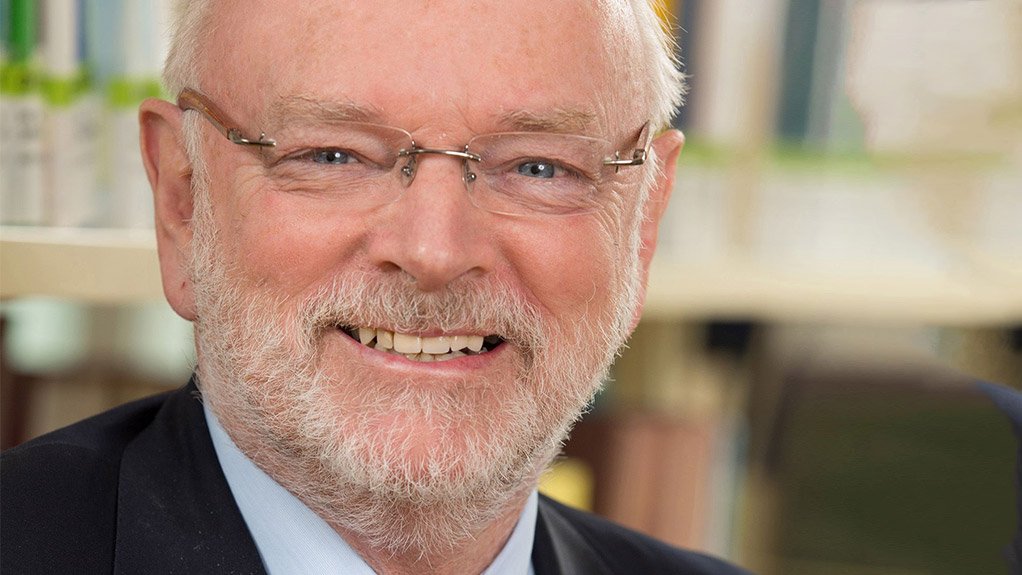Africa needs to take illicit financial flows far more seriously and has to tackle systemic corruption challenges to achieve sustainable development throughout the continent, according to Vienna University of Economics and Business Global Tax Policy Centre (GTPC) co-director Jeffrey Owens and GTPC Tax and Good Governance project co-director Rick McDonell.
The pair spoke on Thursday morning at a breakfast press briefing ahead of the High-Level Conference on Illicit Flows: Inter-Agency Cooperation and Good Tax Governance in Africa, held at the University of Pretoria, in Tshwane.
The University of Pretoria’s African Tax Institute was collaborating with the Vienna University of Economics and Business’s Institute for Austrian and International Tax Law on a project aimed at combating illicit financial activities, dubbed the Tax and Good Governance Project 2015-2018.
The project was being funded by the Siemens Integrity Initiative and aimed to play a key role in the fight against tax crimes and illicit activities, such as corruption and money laundering in Africa.
Owens explained that the project sought to promote the concepts of good tax governance and the importance of a corruption-free and transparent tax system for economic development. It also aimed to highlight how law enforcement agencies and tax authorities could cooperate to counter corruption and bribery.
He stressed that the billions of dollars in illicit financial flows that were being siphoned out of the continent could have been used to build many roads, hospitals and schools, and other much-needed infrastructure throughout Africa.
“There is no magic bullet when it comes to stopping illicit flows; it requires, among other things, government, industry and inter-agency cooperation, strong laws backed by honest law officials and well designed tax treaties,” he stated.
Owen added that all stakeholders had to be realistic that these problems could not be solved “overnight” but instead needed a long-term commitment by the political elite, along with sustained technical solutions by technocrats.
McDonell told Engineering News Online that it was critically important for countries to work together and share intelligence regarding illicit flows to clamp down and eventually bring the culprits to book.
“With many legislative loopholes and insufficient capacity to deal with sophisticated crime, particularly organised financial crime, the enormity of the challenge for African countries to effectively tackle illicit flows remains significant,” he added.
McDonell believed, however, that the project would assist African countries in meeting these challenges in the long term.
EMAIL THIS ARTICLE SAVE THIS ARTICLE
To subscribe email subscriptions@creamermedia.co.za or click here
To advertise email advertising@creamermedia.co.za or click here











